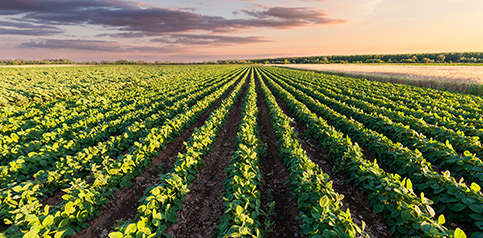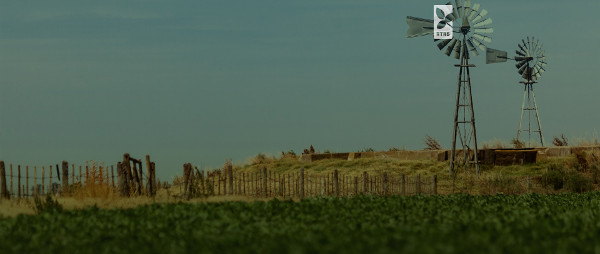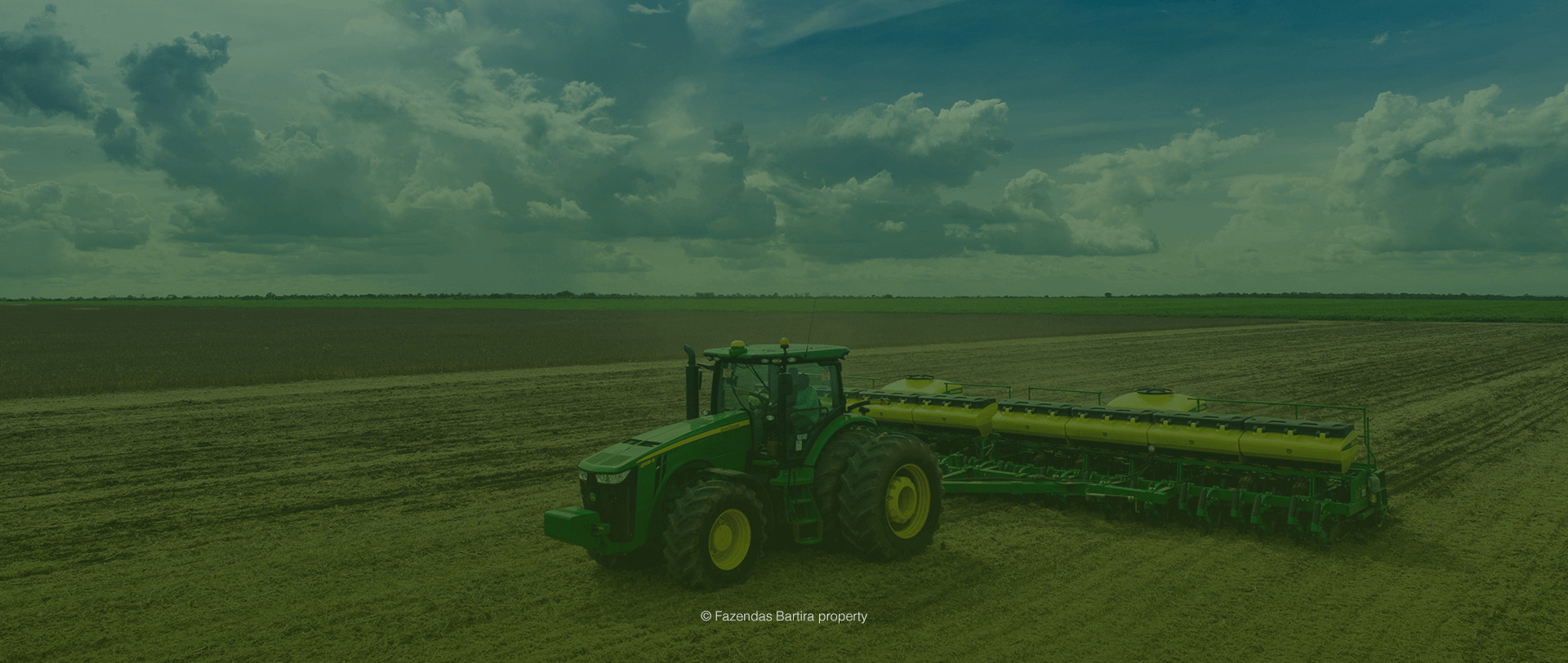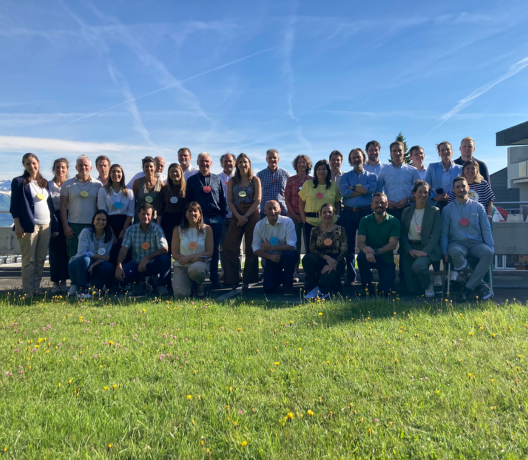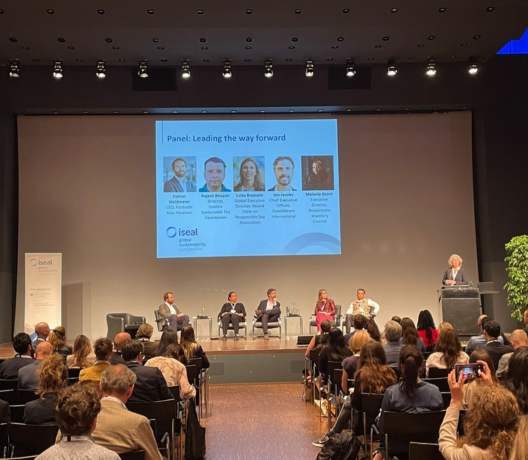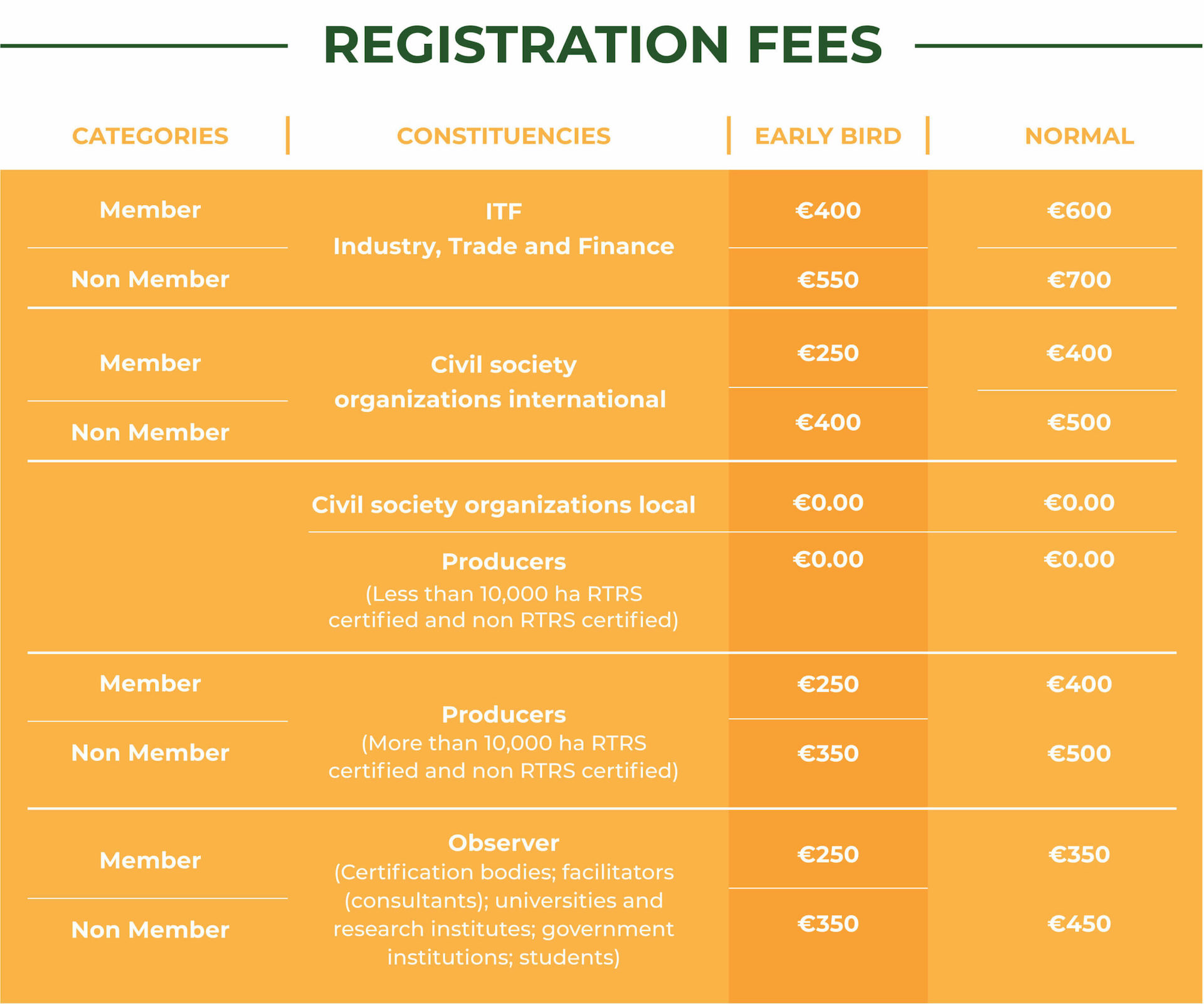RTRS and the Accountability Framework: Complementary approaches to address social and environmental sustainability in the soy sector
Building ethical supply chains in “the new normal” requires collaboration amongst the many initiatives that provide tools and other support to companies engaged in commodity production and sourcing. The Accountability Framework initiative (AFi) and the Round Table on Responsible Soy Association (RTRS) are two complementary and collaborating initiatives that companies and other stakeholders can use to advance their human rights and environmental sustainability goals.
This joint statement of collaboration and support provides an overview of the relationship between the AFi and RTRS in terms of how companies engaged in the soy sector can use these initiatives to achieve and demonstrate progress toward social and environmental sustainability, and areas in which both initiatives aim to collaborate toward ethical supply chains in the soy sector.
Relationship between RTRS and the Accountability Framework
The AFi is a global coalition of leading environmental and human rights organizations working together to accelerate and demonstrate progress and to improve accountability of companies committed to protect forests and safeguard human rights in agriculture and forestry supply chains. In June 2019, the coalition launched the Accountability Framework, a set of common principles, definitions, and guidance to support companies in setting ethical supply chain goals, taking action on them, and reporting on progress.
A founding principle of the AFi is to complement, support, and improve alignment among existing sustainability tools – including certification, reporting systems, and others – not to duplicate or supersede them.
RTRS is a global multi-stakeholder organization that promotes the growth of production, trade, and use of responsible soy through co-operation with players in and relevant to the soy value chain from production to consumption in an open dialogue scenario. As one of the approaches to accomplish its mission, RTRS sets certification standards (Production and Chain of Custody) for economically viable, socially beneficial, and environmentally appropriate soy production.
RTRS and the AFi share a common vision of transforming commodity production, trade and use to mainstream ethical practices that protect forests and other natural ecosystems and fully respect human rights, among other important values. The AFi recognizes RTRS – and more broadly certification – as an important mechanism for doing so. The AFi offers complementary approaches that can help companies address the full scope and complexity of issues encountered when pursuing ethical supply chains. These include managing non-certified soy volumes, implementing effective company-wide systems to manage production and trade of other commodities that pose environmental and social risk, and establishing credible sustainability policies and reporting practices across all relevant commodities and origins.
RTRS and the Accountability Framework are aligned in many important ways. This alignment helps clarify good practices and common measures of success for sustainable supply chains. RTRS and the Accountability Framework are also complementary; this complementarity enables companies to utilize both tools to establish, implement, and monitor robust supply chain commitments company-wide.
Collaborating to advance sustainability in the soy sector
The AFi and RTRS have formally agreed to pursue opportunities for collaboration on topics of mutual interest. This currently includes:
- Alignment of the RTRS production standard with the Accountability Framework’s key expectations and definitions, particularly on the topics of no-conversion and respect for human rights. Since 2020, the AFi has been supporting RTRS in the revision process of its Standard for Responsible Soy Production, starting with a comprehensive benchmark of the Framework against the standard and recommendations for closing identified gaps. As a result, key Framework expectations and definitions are included in what will be the revised Version 4 of the Standard.
- Assess and, as far as possible, work towards revising other RTRS normative documents to align with the Framework. This includes, for example, the RTRS Chain-of Custody standard, reporting procedures, and metrics methodologies.
- Promote commonly accepted expectations and definitions in other multi-stakeholder platforms and policy processes in which both are involved in order to strengthen and better align the overall approach to sustainable production, trade and use of soy.
“As a roundtable, RTRS strongly believes that aligning strategies on common goals to work with existing partnerships could significantly speed up the efforts to build more sustainable soy supply chains and to scale up the expected deliverables. Therefore, RTRS is pleased to see that we have found common ground with AFi. At RTRS we are working to align with key definitions in the Accountability Framework, and we expect to reflect this alignment in definitions and criteria in the V4.0 of the RTRS for Responsible Soy Production Standard that will be submitted for RTRS Members approval by the end of this year. This whole engagement approach is, indeed, good news for soy sector stakeholders”, said Marcelo Visconti, Executive Director of RTRS.
“We will succeed in addressing deforestation and conversion linked to soy production only by working together, guided by common principles and measures of success. In this spirit, we welcome this collaboration with RTRS, including alignment of RTRS’s revised standard with key elements of the Accountability Framework”, said Jeff Milder, Director of the AFi Backbone Team*.
*For a summary of the specific points of alignment and complementarity, see the RTRS section in the ‘Related Initiatives’ page of the AFi website.




